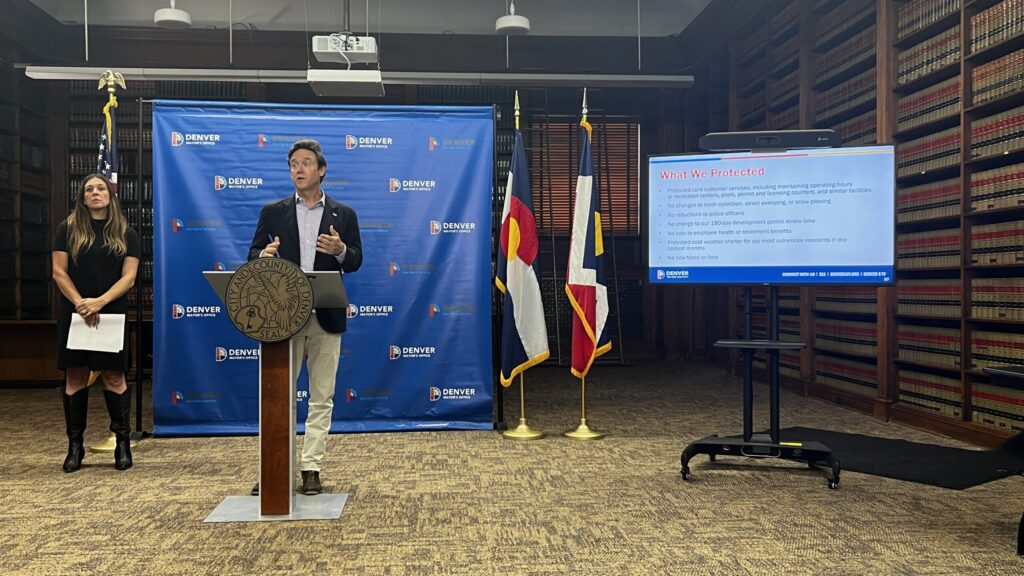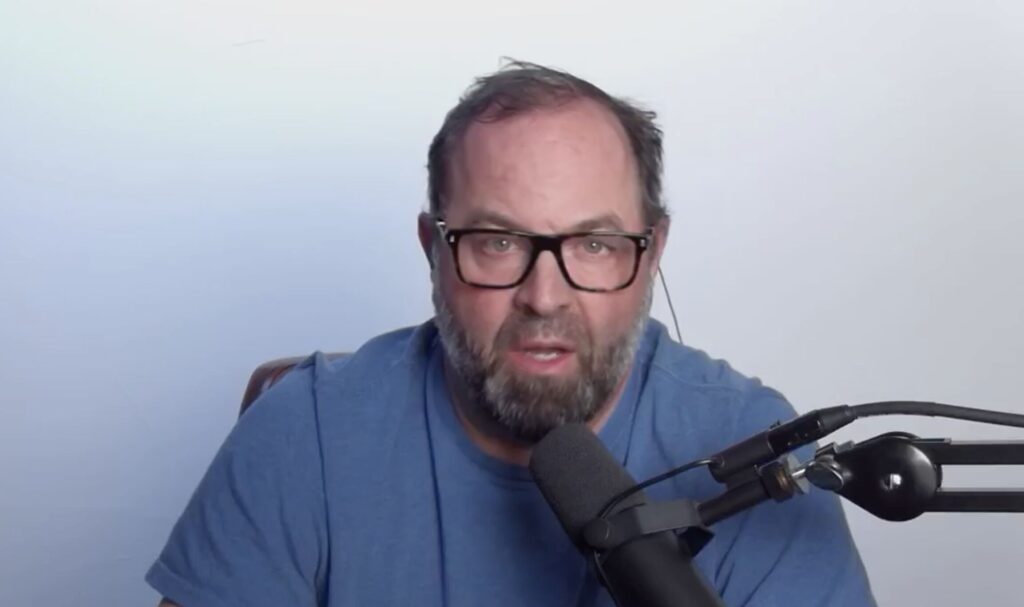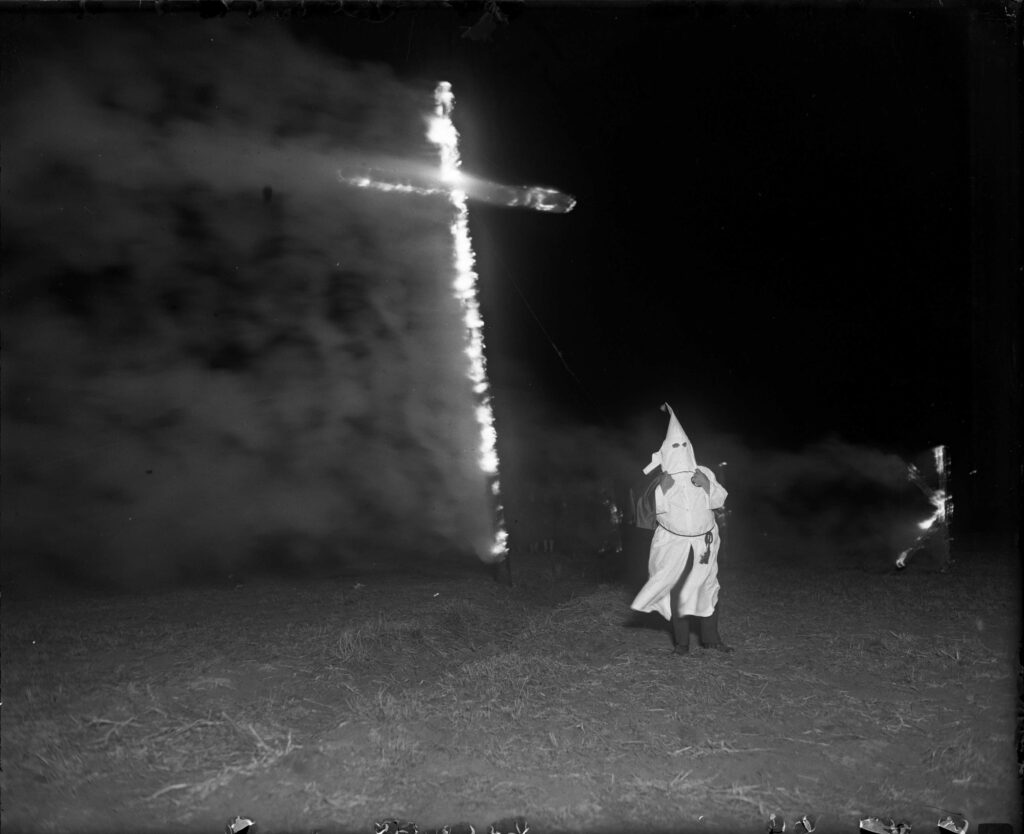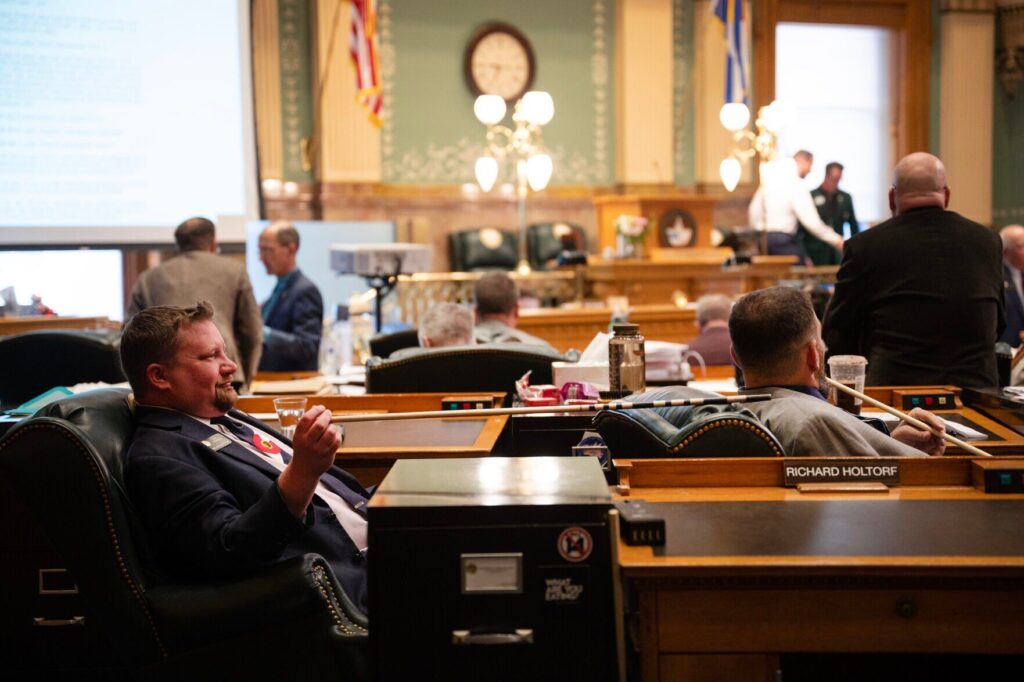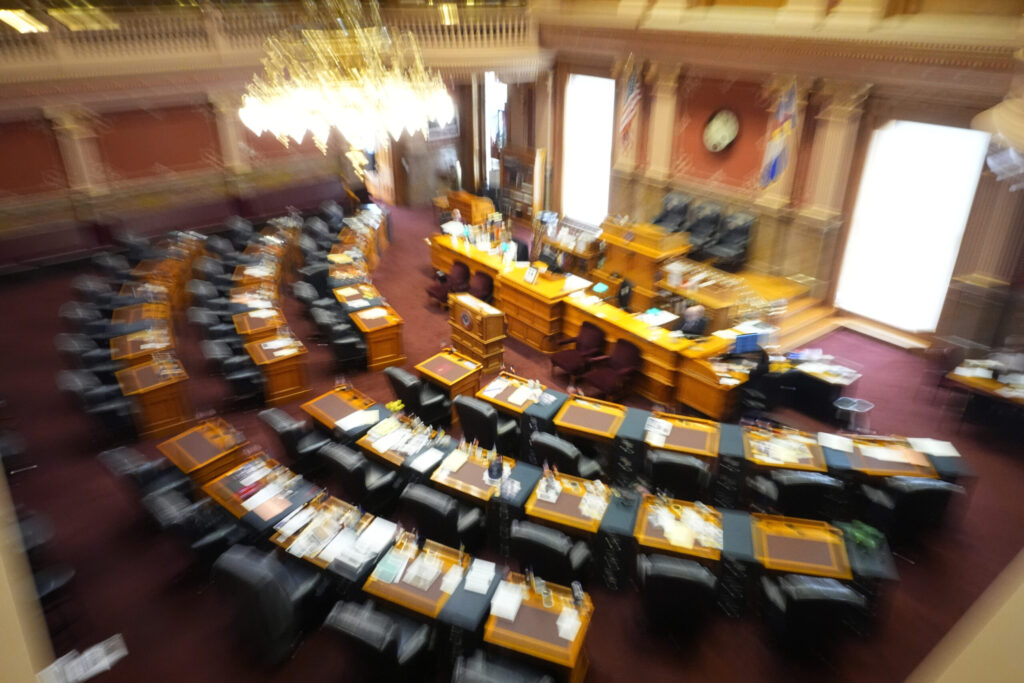Business tax credit program to continue
A business tax credit program that helped create over 2,200 new jobs and businesses to invest more than $200 million since 2013 is headed for a five-year renewal by Denver City Council.
An ordinance amending the Denver Revised Municipal Code regarding the review and sunset of the Business Investment Program, established in 2013 for a four-year period and scheduled to end on June 30, 2017, would extend the program another five years through 2022.
Turid Nagel-Casebolt, director of business development in the city’s Office of Economic Development, recently told the City Council’s Finance and Governance Committee the program has been well received by businesses and area economic development groups to help companies test the business market when considering investment, expansion or relocation.
“They like to see a city as a partner through local support programs as a sign of appreciation for their investment and job creation,” she explained. “It’s not always the number one conversation piece when a company considers these things, but it always comes up in the conversation as some point.”
No changes will be made to the program with the expansion, Nagel-Casebolt said.
The program offers a four-year tax credit to new and expanding local firms that make qualifying investments in business personal property, including machinery, equipment, furniture, and other items related to commercial or industrial operations. The credits are for property taxes that would otherwise be collected, reducing the firm’s overall tax liability.
Since its launch, 77 firms of all sizes and industries participated in the program (64 percent were small businesses), collectively creating 2,234 net new jobs and investing $203 million in qualifying business personal property. Overall, 13,438 jobs were created or retained, in part because of the program. Those firms received a total of $2.9 million in tax credits.
Businesses must meet at least one of five growth requirements to claim the tax credit: Be new to Denver or have made an increased investment of at least $1 million in business expansion, or increased investment 100 percent over its earlier business capital level, or added 10 employees over the preceding 12-month average, or a 10 percent increase in employment over the preceding 12-month average.
Nagel-Casebolt said the program has internal compliance procedures to ensure each business created or retained the number of jobs they promised. Each contract with a participating business states the city can rescind the tax credit if non-compliance is found and seek payment of back taxes that should have been paid. To date, no business had fallen out of compliance, she added.
Nagel-Casebolt said participating businesses reduced their business tax liability by about 40 percent, with manufacturing industry businesses representing about a third of all applicants, “and those are the types of businesses that make significant equipment and facility investments.”
Councilwoman Robin Kniech said local manufacturers were a key industry targeted for this help when the program began, since most are small operations without a lot of capital resources.
The program, part of Ballot Measure 2A approved in the 2012 election, was created to support Denver’s business climate, increase economic opportunity and boost Denver’s economic viability. The program was designed to encourage and reward business investments in the local economy, support job growth and expanded business operations, broaden the commercial tax base and keep the city regionally and nationally competitive in terms of its business retention, expansion and recruitment efforts.
Nagel-Casebolt added most metro Denver-area communities have similar programs, and it also serves as a compliment to state business incentive programs.
“Those state programs usually require a local match,” she said, “so if a business considers moving to Colorado, they can only tap those state resources if they can show local participation and this program can serve as that match.”
Nagel-Casebolt said the Denver office had approved seven applications that used the program to get state tax incentives as well.
The program is a broadly applied direct financial incentive tool and is not restricted to enterprise zones or targeted neighborhoods, Nagel-Casebolt said.
“We can apply it anywhere in the City and County of Denver, as long as the business meets the eligibility requirements,” she noted.





